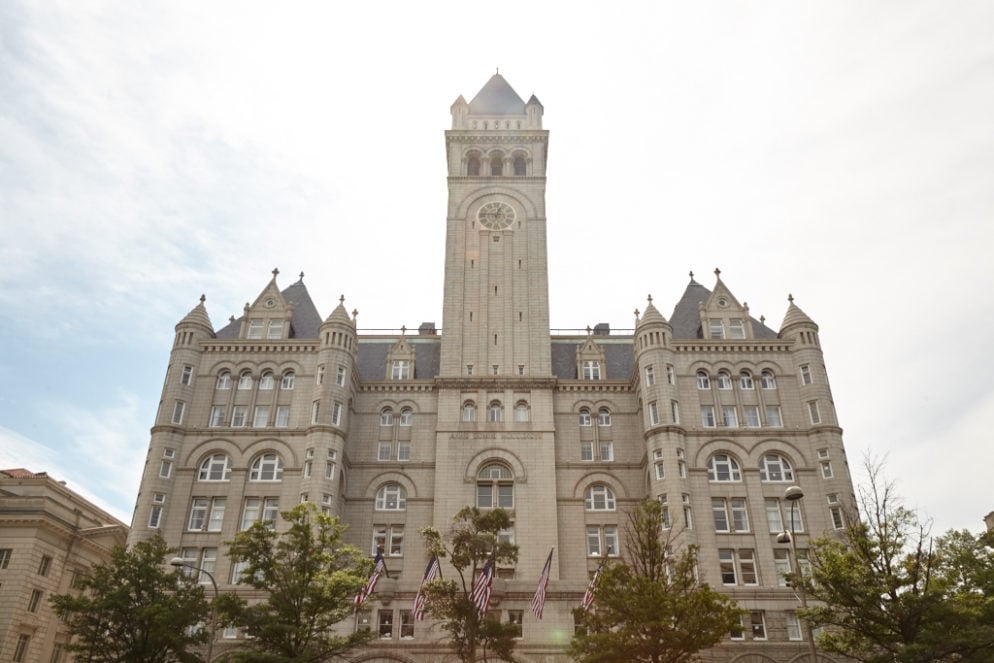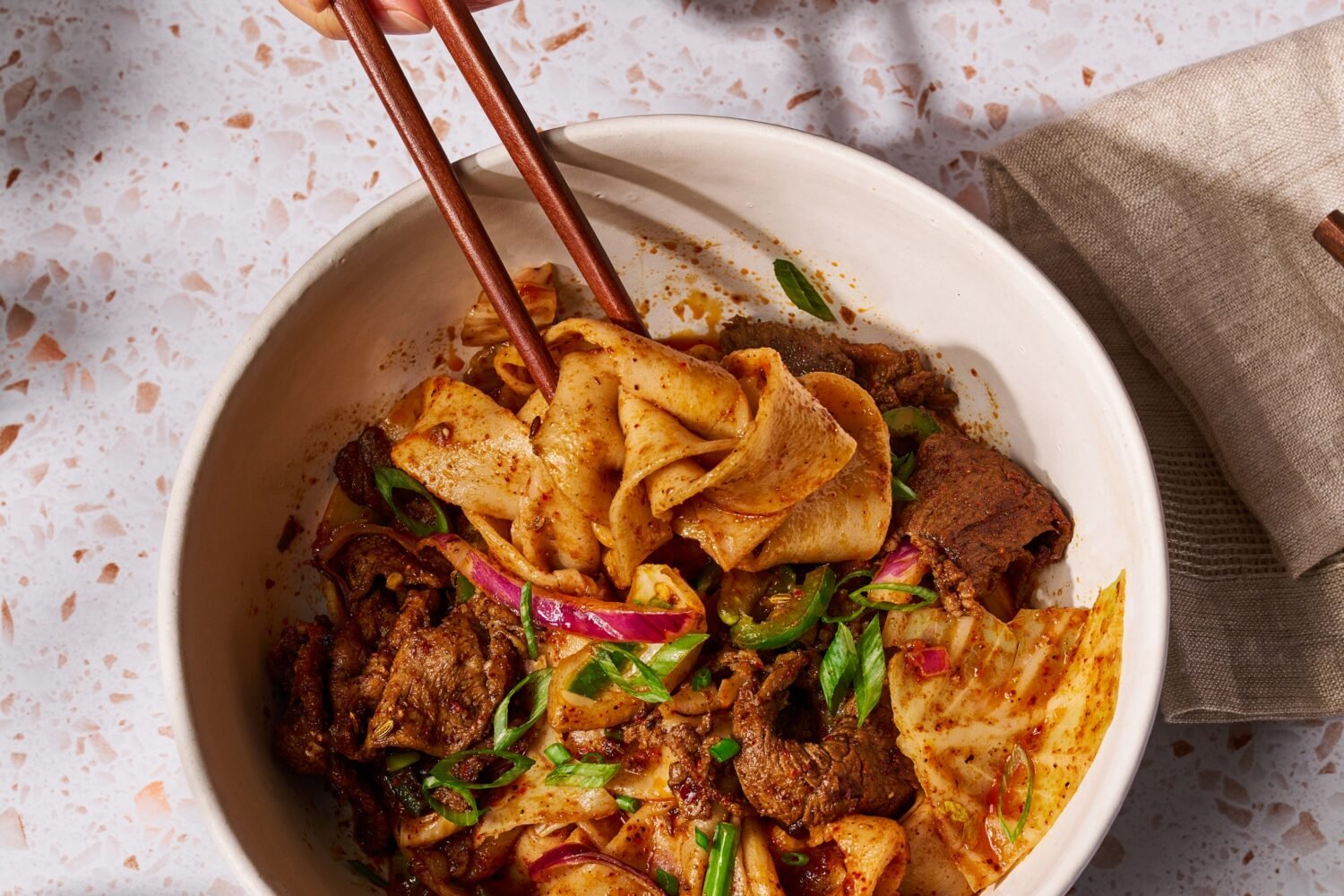Critics of Donald Trump have gone after his moral character in all kinds of ways. This time, they’re taking on his liquor license.
Three reverends, two rabbis, and two judges (no, this isn’t the setup to a joke) filed a complaint with the DC liquor board on Wednesday pushing to revoke the alcohol-serving privileges of the Trump International Hotel. They claim the establishment’s owner (ahem, the President) doesn’t meet the DC law’s requirement of being a “good character and generally fit for the responsibilities of licensure.”
The complaint is backed by the Campaign for Accountability and Transparency Inc., a nonprofit funded and run by an Arizona Republican and philanthropist named Jerry Hirsch.
The complaint outlines a range grievances about Trump’s “lack of integrity,” including his propensity to lie, accusations of sexual assault, business associations with known criminals, and racist comments. Stormy Daniels, the Trump University lawsuit settlement, birtherism—it’s all there. (A spokesperson for the hotel declined to comment.)
Asked why the group is going after the liquor license specifically, attorney Joshua A. Levy says “it’s about the law.”
“The public should feel safe certainly from violence, certainly from sexual assault, certainly from racism. It shouldn’t be a place where deceit takes place. These things should matter,” Levy says. He adds: “If the owner’s character isn’t worthy, it could prove disastrous for those establishments and our community.”
Former liquor board member Mafara Hobson released a statement in support of an “immediate investigation” and hearing about the license. “Licensees in the District of Columbia are required to display and maintain good character and integrity at all times. Those that don’t are mandated to show cause before the Board,” Hobson says. “This man has repeatedly and unapologetically shown the world that he lacks civility and exhibits pervasive abuse of the law, women and people of color.”
But is there any precedent for actually revoking a liquor license based on the “good character” clause?
Alcoholic Beverage Regulation Administration spokesperson Max Bluestein directed Washingtonian to two cases in the past couple years where the issue was addressed.
In 2016, for example, The Alibi pub in Capitol Hill came under scrutiny for its ties to the owner of My Brother’s Place, a bar “infamous for its drug usage and underage drinking” that had previously occupied the space. When it came to “good character,” the liquor board noted that it must “evaluate each applicant individually, on a case-by-case basis.” The Alibi was ultimately granted its license on the condition that the owners barred the former partner who ran My Brother’s Place.
Meanwhile, in a 2017 case of On the Rocks on H Street, the business sold alcohol without a license, but the owner also lied to investigators about who purchased the alcohol. “The Board may also consider an Applicant’s propensity for being truthful as part of the ‘good character,” the board order reads. (This case is cited in the Trump complaint.)
Bluestein says the Trump complaint is currently being reviewed by the agency’s “enforcement division.”
Attorney Ed Grandis, who has no affiliation with the Trump hotel case, says in his 25 years dealing with restaurant liquor licenses in DC he’s never seen one denied or revoked solely based of the owner’s character. Typically, the clause only comes up in the context of other violations when the “establishment has such decay that it is harmful to the neighborhood.” (He declined to comment on the Trump case specifically.)
Restaurant attorney Scott Rome echoes the same. The times he’s seen the “good character” clause applied had more to do with alcohol and operations. For example, an operator has a history of serving to minors, violent incidents on premise, poor crowd control, or arrests for drunk driving.
Separately, Rome happens to be suing the Trump hotel on behalf of Cork Wine Bar for unfair competition. So perhaps predictably, he supports the hotel losing its license. Still, he acknowledges the odds of that happening are “not good.” He adds it could even set a bad precedent.
“You worry about it creeping in for someone not as horrible as Trump who they just don’t like for whatever reason,” Rome says. “You could just point to someone’s public statements and say, ‘They don’t have the character to hold a license.’ That’s not something you would typically want.”












